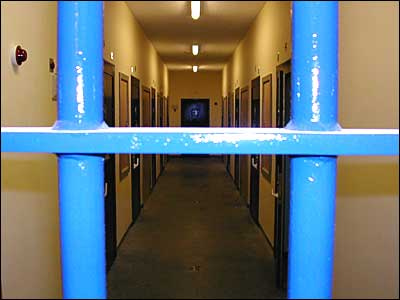
The need for a greater focus on a more creative, ‘problem-solving’ approach to dealing with people with mental illness who get into trouble with the law, especially for those who are homeless, is examined in a research paper released by the Public Interest Advocacy Centre (PIAC).
Sentencing contradictions Difficulties faced by people living with mental illness in contact with the criminal justice system, was launched to coincide with Mental Health Awareness Month in October.
‘Despite the over-representation of people with a mental health disorder and/or a cognitive impairment in the criminal justice system, the current sentencing options for these people are limited and there is a clear need for more diversionary and therapeutic programs,’ said Sam Sowerwine, Senior Solicitor at PIAC’s Homeless Persons’ Legal Service.
‘There are significant advantages for the whole community in dealing with the issues that contribute to offending, such as drug and alcohol abuse, mental health and homelessness, rather than focusing on incarceration,’ Ms Sowerwine said.
‘Yet this is not happening anywhere near as often as it should,’ Ms Sowerwine said.
The research paper looks at some of the options available to courts in NSW, as well as programs that have been proven to work overseas.
‘At the heart of the issue is the need for greater investment in social services such as housing, drug and alcohol rehabilitation, education and training and employment services to ensure that people with mental illness get the support they need to get their life on track and do not re-offend,’ Ms Sowerwine said.
Photo: http://www.flickr.com/x/t/0099009/photos/publik16/3059213655/


